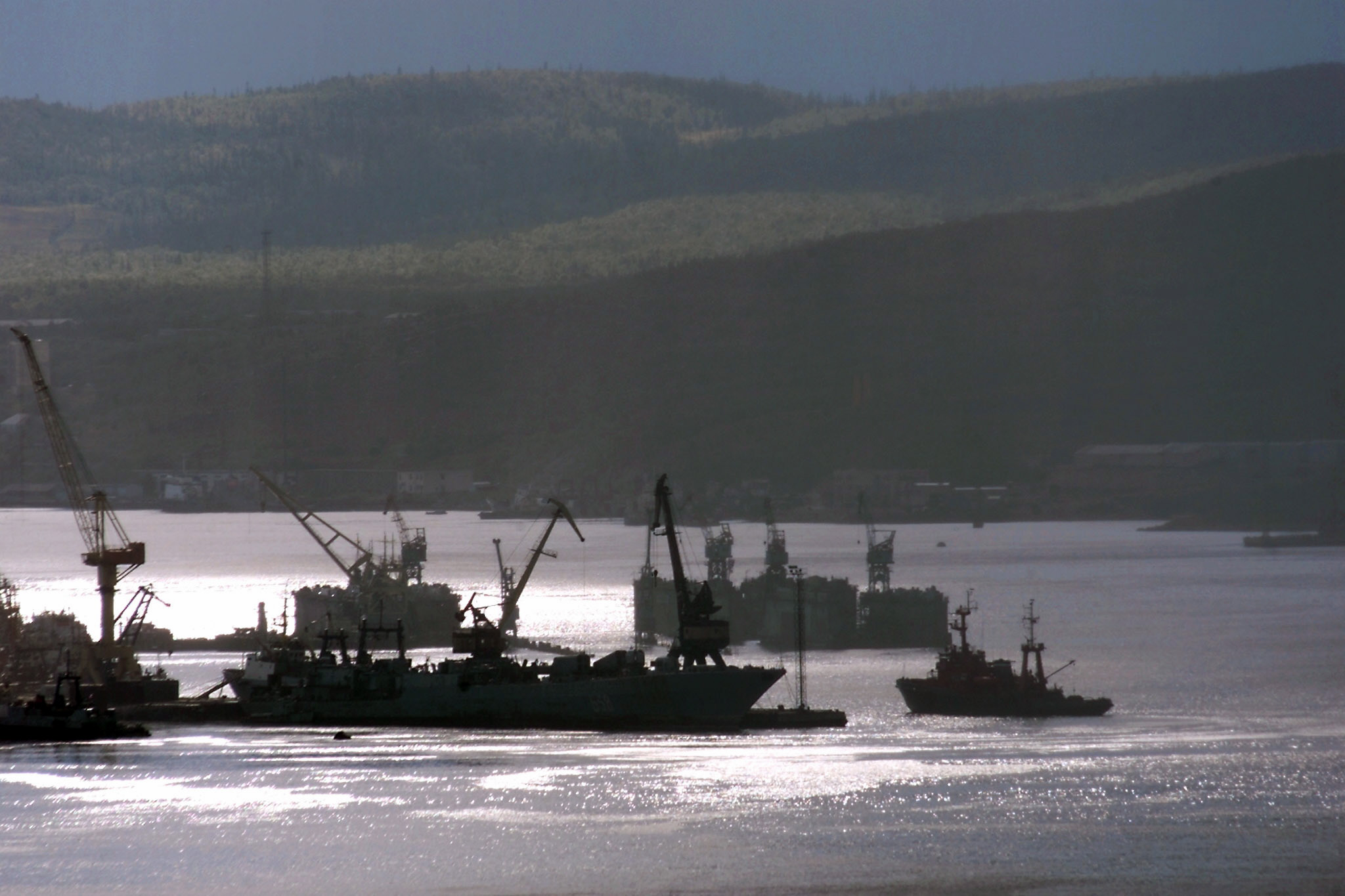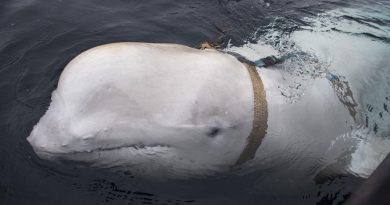Russia demands €9,6 million to let Norwegian trawler go

The arrest of the «Remøy» by the Russian Coast Guard has triggered hectic diplomatic efforts by Norway.
The case could harm fishery cooperation in the Barents Sea, Norwegian fishing boat owners say.
The shrimp trawler was detained in the Russian part of the Barents Sea on 10th May. Since then, the ship and its crew of 17 been has been docked in the Murmansk port.
The Russian side demands 90 million Norwegian kroner (€9,6 million) to let the vessel go, says Audun Måråk, head of the Norwegian Fishing Vessel Owners Association.
«This sum is in no way in line with the realities in the case, and it makes it impossible for the shipowner alone to cope with the situation», he underlines in a comment posted on the Association website.
Administrative error
The case has now been taken to the diplomatic level. Representatives of the ship owner and the Fishing Vessel Owners Association last week met with the Norwegian Ministry of Foreign Affairs and the Fishery Directorate.
The Foreign Ministry and the country’s General Consulate in Murmansk are now engaged in a diplomatic effort aimed at getting the ship and its crew released.
The Norwegian Fishery Directorate confirms that an administrative error on the Norwegian side is the reason for the detention of the «Remøy». The trawler had applied for license to shrimp catch as part of a Norwegian quota in Russian waters. The license was issued, however the documents submitted by the Directorate to the Russian side included mistakes.
The €9,6 million demand from the Russian side is more than ten times higher than the value of the catch on board the trawler. The ship owner refuses to pay, arguing that the sum is far beyond the levels applied in cases of illegal catch.
We have done nothing wrong, the ship owner underlines.
Impacts on fishery cooperation?
Norwegian fishing boat owners now fear that the case could negatively affect fishery cooperation in the region. «If it becomes Russian policy to catch vessels because of this kind of formality mistakes, then it could have consequences for fishery cooperation in the north», says Audun Måråk to newspaper Aftenposten.
«Norwegian shipowners will no longer dare to fish in Russian waters, and already today the Russians catch ten times more in Norwegian waters, than we do on the Russian side», he adds.
Fishery cooperation between Norway and Russia is carefully regulated by a joint Fisheries Commission.
Since its establishment in 1974, the Commission has dealt with issues such as the stipulation of quotas and minimum sizes for jointly managed live marine resources, regulation of mesh width in nets, use of fish sorting grids in trawlers and the introduction of satellite monitoring of fishing and transport vessels in addition to a number of other issues related to strengthening control of catches of live marine resources, the Commission website informs.
Related stories from around the North:
Canada: New Polar Code takes centre stage at Arctic Shipping summit in Montreal, Radio Canada International
Finland: Biggest danger to Arctic business is protectionism says Arctic Economic Council chair, Eye on the Arctic
Iceland: Meeting in Iceland discusses banning unregulated Arctic fishery, Radio Canada International
Norway: Fishing rights: Norway takes tough line against EU in Svalbard waters, The Independent Barents Observer
Sweden: Swedes discover new Barents oil and gas, The Independent Barents Observer
Russia: Aquaculture is back in northwestern Russia, The Independent Barents Observer
United States: Alaska senators say no to Coast Guard cuts proposed by White House, Alaska Dispatch News



